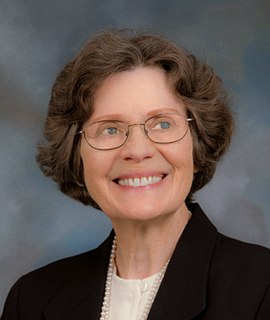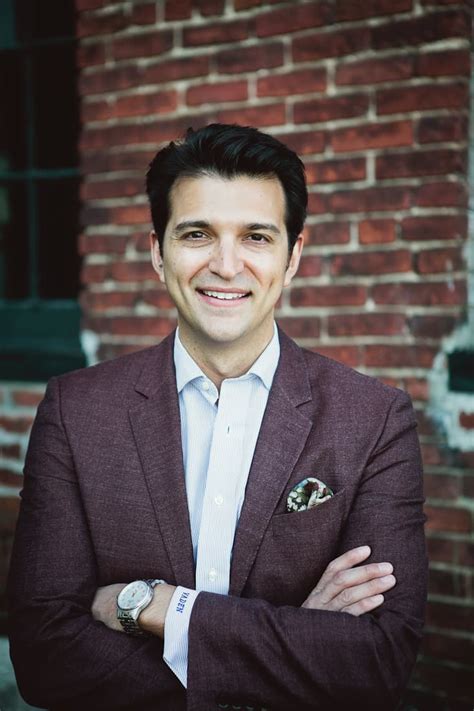A Quote by Dorothy Denning
I don't have a particular recommendation other than that we base decisions on as much hard data as possible. We need to carefully look at all the options and all their ramifications in making our decisions.
Related Quotes
What I learned from my work as a physician is that even with the most complicated patients, the most complicated problems, you've got to look hard to find every piece of data and evidence that you can to improve your decision-making. Medicine has taught me to be very much evidence-based and data-driven in making decisions.
Many of life's decisions are hard. What kind of career should you pursue? Does your ailing mother need to be put in a nursing home? You and your spouse already have two kids; should you have a third?such decisions are hard for a number of reasons. For one the stakes are high. There's also a great deal of uncertainty involved. Above all, decisions like these are rare, which means you don't get much practice making them. You've probably gotten good at buying groceries, since you do it so often, but buying your first house is another thing entirely.
If we decide rightly what to do, or use a correct procedure for making such decisions, that has to be because the decisions or the procedure rest on good reasons, and these reasons consist in the apprehension of truths about what we ought to do. Because these truths must constitute reasons for our decisions, and because in the rational order, reasons must always precede the decisions based on them, the truth conditions of claims about what we ought to cannot be reduced to, or constructed out of, decisions about what to do, or procedures for making such decisions.
I think there's a danger with any great art, that if you begin to test your ideas on other people, and get their opinions before making decisions, or if you pay too much attention to what other people say about what you create, that it really pollutes your expression. I think that I'm much more about pure art and honesty and expressing exactly what I feel, and not caring so much what anyone says. However, I do respect, and I do pay attention to everyone's comments. And I do take them into consideration. But I don't base my decisions by it
The most valuable insight I have made about how people make decisions is that when they become skilled they don't have to make decisions - choices between options. Instead, they can draw on experience and the patterns they have acquired to recognize what to do, ignoring other options. This is the basis of the Recognition-Primed Decision (RPD) model my colleagues and I described thirty years ago.
I'm a very good decision maker because I have core set of principles and so I can make decisions. Decisions can be very hard and you have to wrestle with them, but I'm able to get all the data on the table and figure out what would be the best decision because decisions mean ill for some people and mean positives for others.
In my view, our approach to global warming exemplifies everything that is wrong with our approach to the environment. We are basing our decisions on speculation, not evidence. Proponents are pressing their views with more PR than scientific data. Indeed, we have allowed the whole issue to be politicized-red vs blue, Republican vs Democrat. This is in my view absurd. Data aren't political. Data are data. Politics leads you in the direction of a belief. Data, if you follow them, lead you to truth.
In their zeal for particular kinds of decisions to be made, those with the vision of the anointed seldom consider the nature of the: process: by which decisions are made. Often what they propose amounts to third-party decision making by people who pay no cost for being wrong-surely one of the least promising ways of reaching decisions satisfactory to those who must live with the consequences.



































